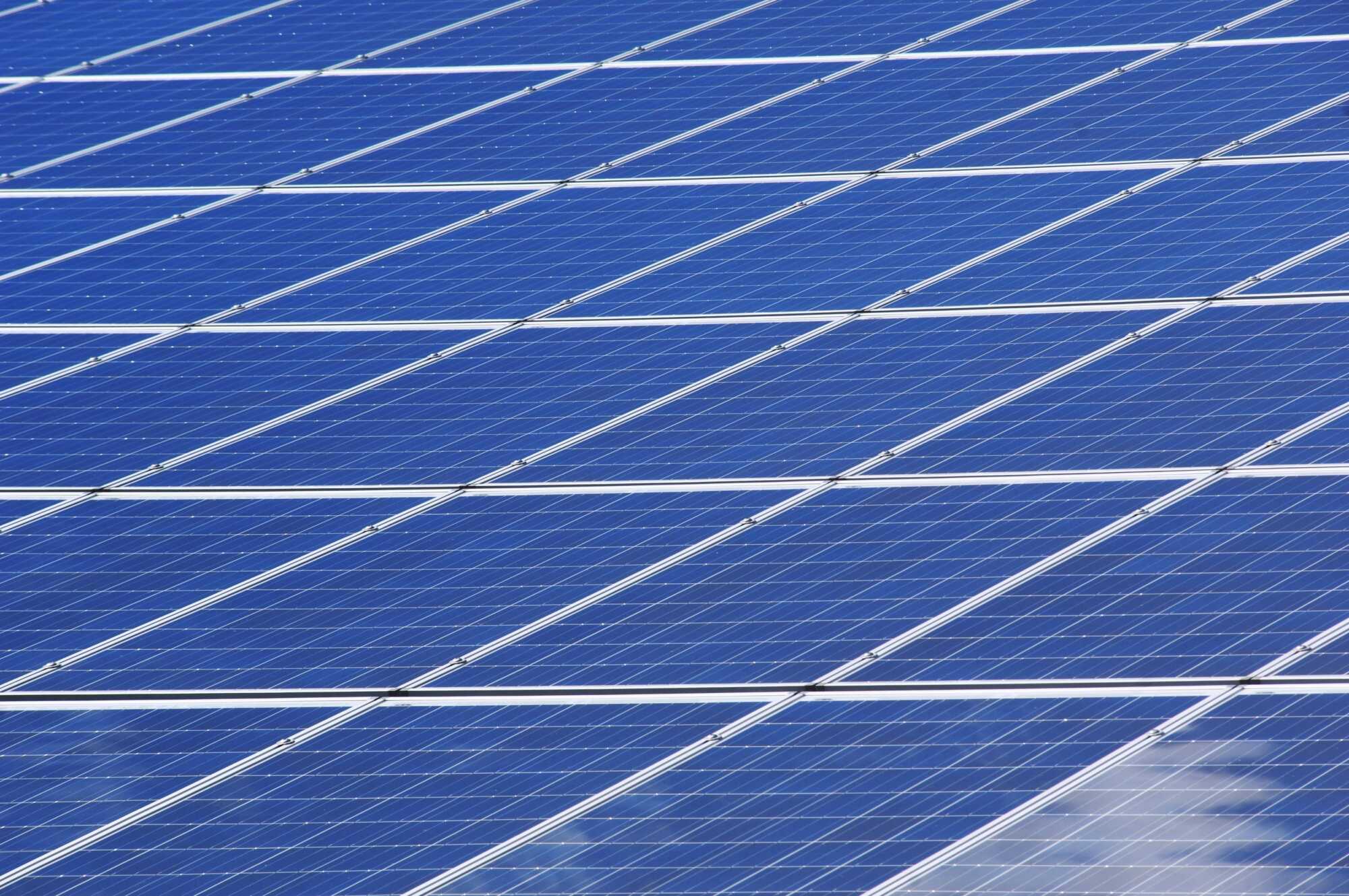“If a reliable pipeline of traditional and technical trades can be developed – with the skills needed for the short- and mid-term – it has the potential to be a game changer in advancing strategic projects right across our state.”
CME Chief Executive Officer, Rebecca Tomkinson
Todays’ announcement of a $70.5 million joint investment in training to address WA’s clean energy skills shortage is responsive to calls from the Chamber of Minerals and Energy of WA (CME) and our members on the need to invest in our current and future workforce.
CME Chief Executive Officer, Rebecca Tomkinson, said the Federal-State Government initiative was a five-year plan to establish Australia’s TAFE Clean Energy Skills National Centre of Excellence in WA.
“One of the key factors hindering WA’s aspirations to fast-track renewable energy into the electricity system has been a shortage of the skilled workers needed to progress these projects from the ground up,” Ms Tomkinson said.
“With WA’s abundant sunshine and excellent wind resources, the possibilities for us to be a dominant provider of renewable energy and battery storage are significant – from mineral resource extraction through to production and manufacture.”
She congratulated the State Government on the initiative to activate WA’s TAFE network and build a Centre of Excellence, which also created an opportunity to involve original equipment manufacturers (OEMs) in establishing learning modules informed by the needs of industry.
“One sticking point right across the sector has been workforce shortages, and CME continues to raise this concern with government and stakeholders,” Ms Tomkinson said.
“Working closely with the OEMs, who have the most up-to-date equipment and facilities, we can target the technically-skilled workforce that we need right now and into the future,” she said.
“And we can quickly identify the gaps that need to be filled.
“If a reliable pipeline of traditional and technical trades can be developed – with the skills needed for the short- and mid-term – it has the potential to be a game changer in advancing strategic projects right across our state.”
Ms Tomkinson said the clean energy transition was one of the most significant opportunities of this generation and required a holistic and collaborative approach to deliver on state and national decarbonisation strategies.
“Any investment in training should also take into account the whole picture of skills shortages across each sector, which includes a need for quality trainers to deliver these trade programs and accreditations,” she said.
<ENDS>
Media contact: Natasha Mutch n.mutch@cmewa.com


